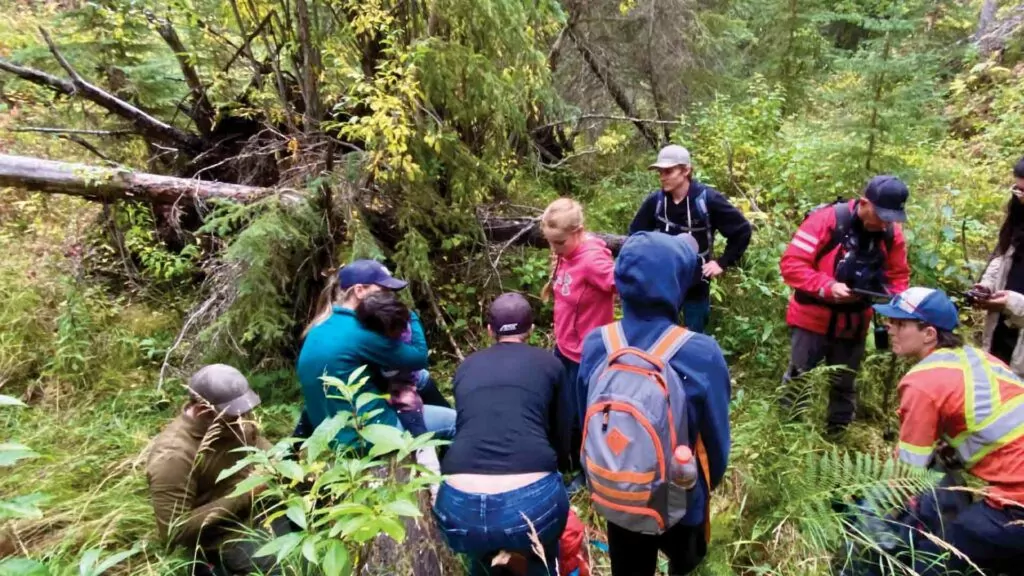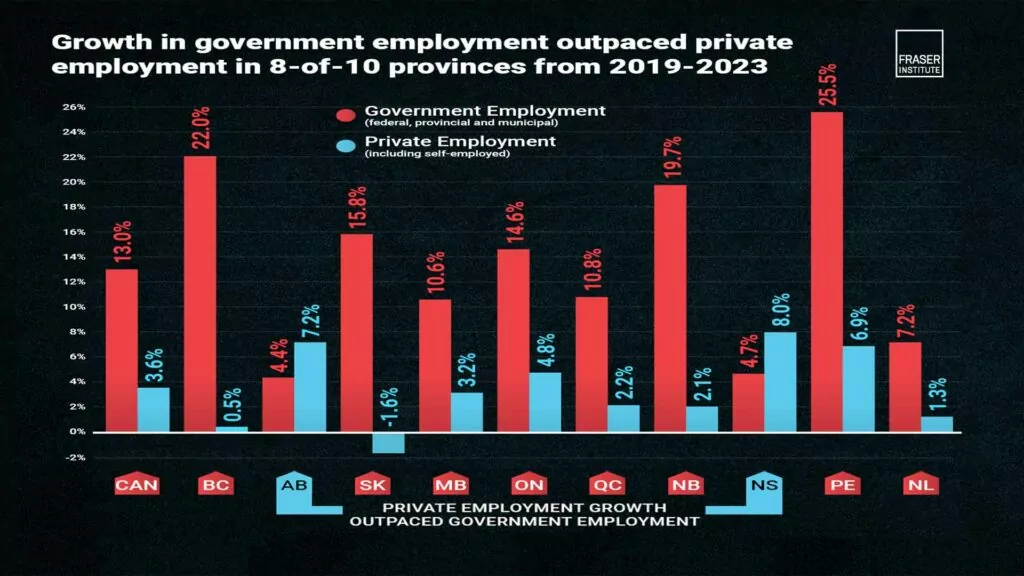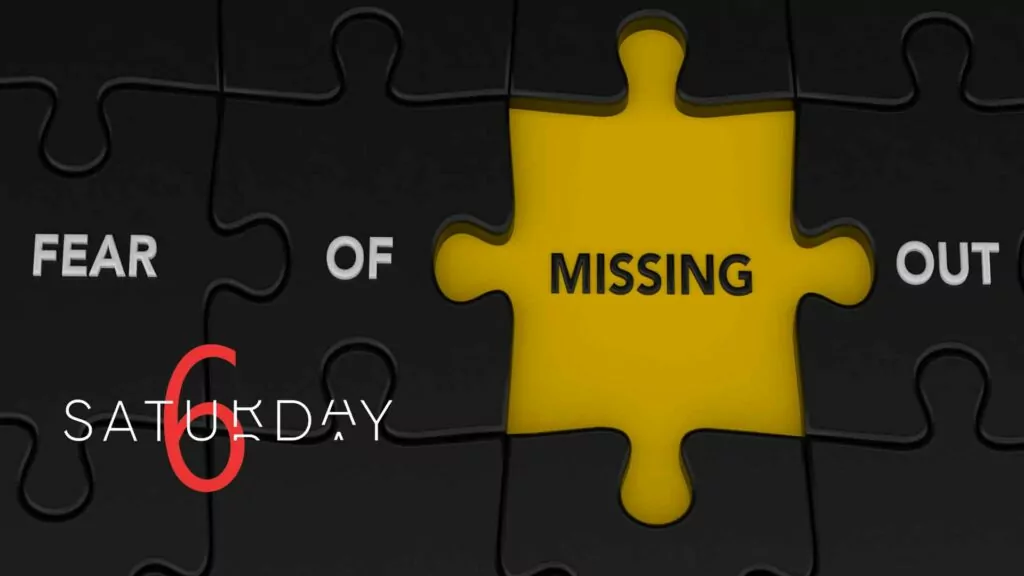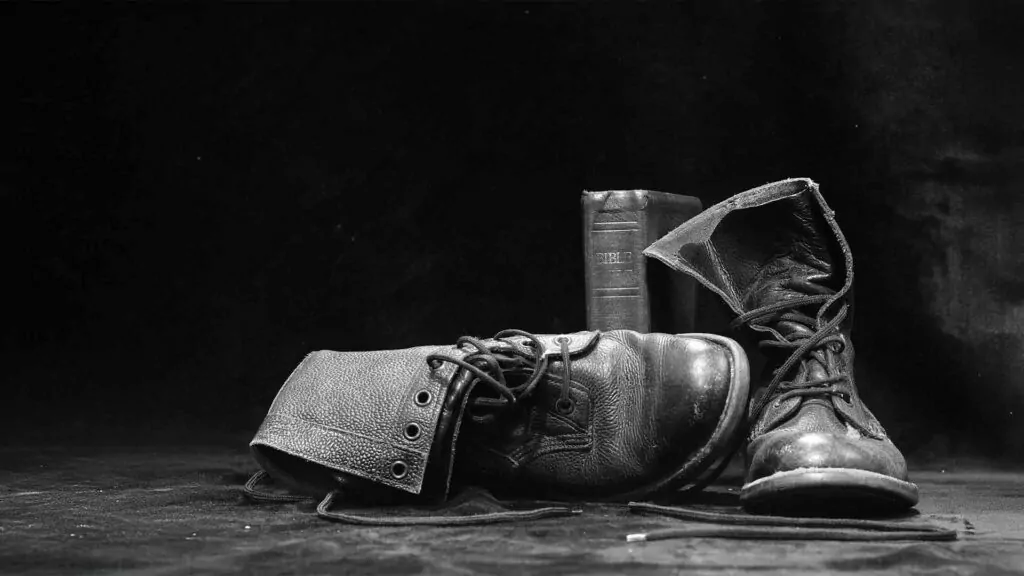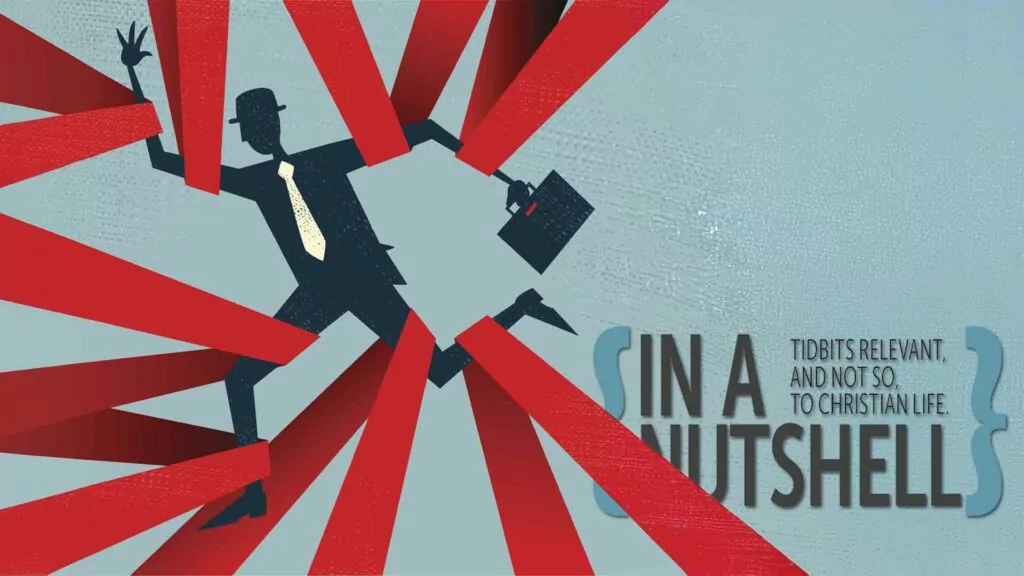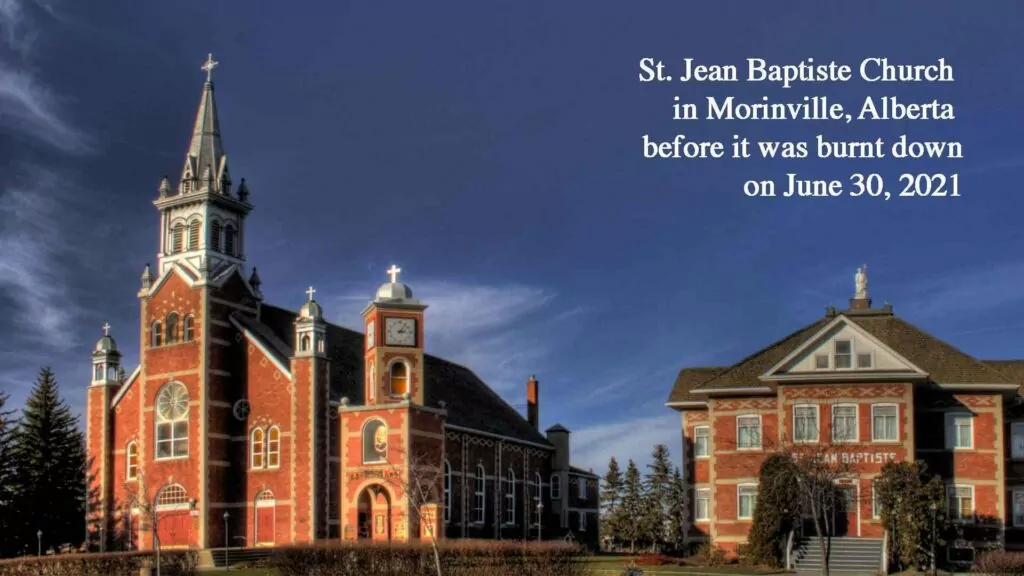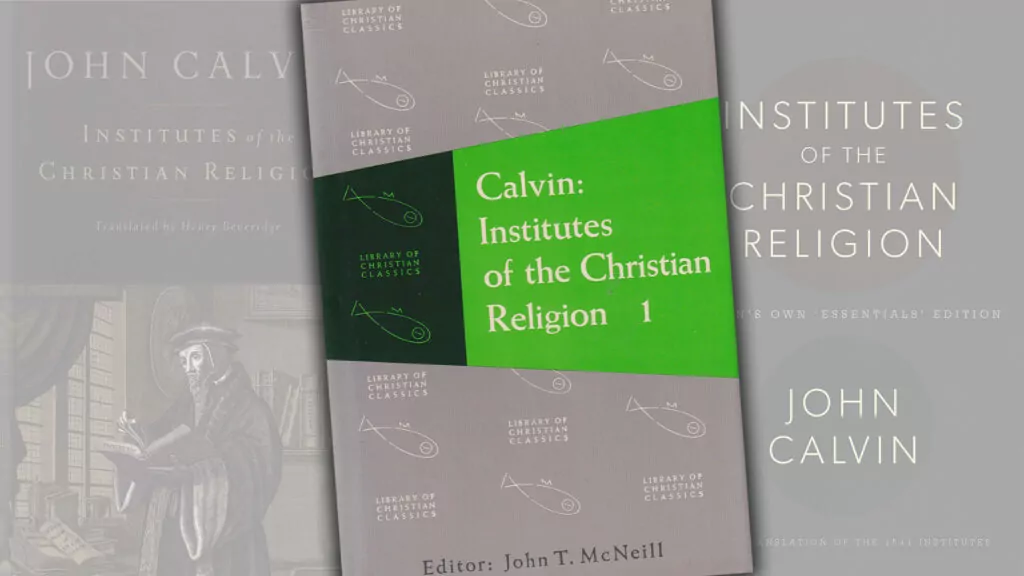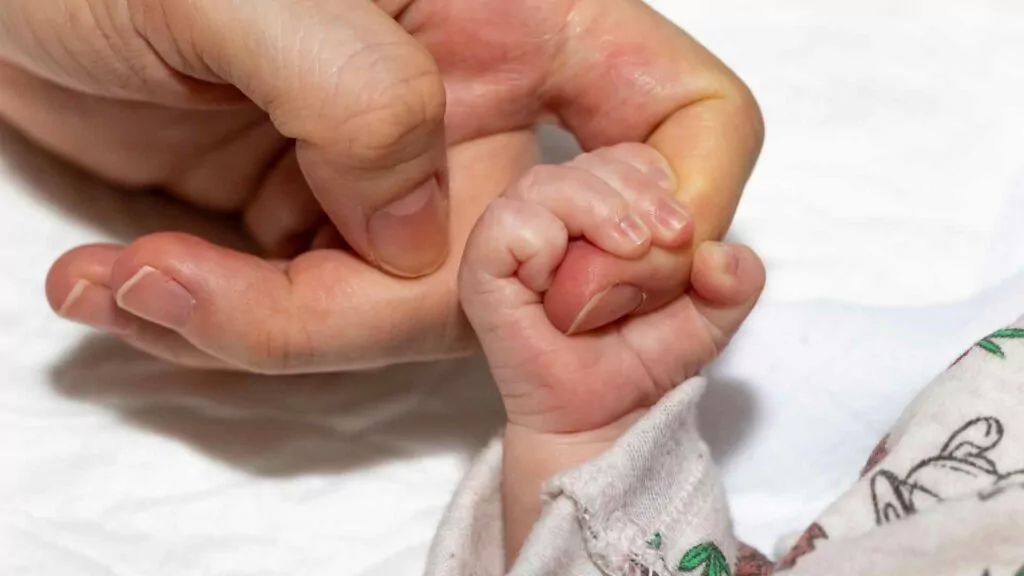
Amazing stories from times past
His eyes are darker than wine, and his TEETH WHITER THAN MILK – Gen. 49:12
There are a number of references in the Bible to teeth. The word “teeth” is used on a number of occasions:
- to indicate blessing, as in Genesis 49:12: …teeth whiter than milk;
- to present power, as in Job 4:10: …the teeth of the young lions are broken;
- to signal vexation and pain, as in Psalm 112:10: The wicked man… will gnash his teeth and waste away;
- to betoken physical beauty, as in Song of Solomon 4:2: Your teeth are like a flock of sheep just shorn, coming up from the washing;
- and to suggest punishment, as in Jeremiah 31:29-30: In those days they shall say no more, ‘The fathers have eaten sour grapes, and the children's teeth are set on edge.’ But every one shall die for his own iniquity: every man that eateth the sour grapes, his teeth shall be set on edge.
Teeth are an important part of our life. When a tooth aches, we often become dysfunctional. C.S. Lewis once said: "If only this toothache would go away, I could write another chapter on the problem of pain." And the Puritan, Richard Baxter, was quoted as saying: "An aching tooth is better out than in. To lose a rotting member is a gain."
More dysfunctional still, a 1970s newspaper reported a man taken to court because he had jumped out of the dentist chair in which he was sitting, and bit his dentist in the hand before slashing him with a can opener which he had in his pocket.
There is no doubt that toothache is painful and is an ache common to all of mankind. This is attested to rather vividly by a monument put up in the garden of a twentieth-century Japanese dentist. This particular monument, shaped like a tooth, is dedicated to the 105,000 teeth this man extracted during the course of his rather successful profession in Tokyo and Yokohama. You might say this doctor had influence on his surroundings. That is to say, he had a bit of pull.
A toothache is never to be desired and is a brokenness in one's body. Anyone who has suffered from a toothache will, no doubt, agree. There is no pain like a toothache, be it a cavity or an abscess.
Origins of dentistry
Dentistry was not always a profession. In early times, potions and herbs were concocted for sore mouths. The ancient Chinese recommended a dental powder whose ingredients included the mashed bones of mice. Another remedy for a sore tooth was a powder which had to be snuffed up the left nostril if you were male and up the right nostril if you were female. It would, very likely, not be popular for that reason, today.
An eleventh-century copyist of Arabian medical practices, one Abulcasis, wrote that a throbbing tooth could be rocked loose with a pair of forceps. When the tooth was fairly mobile, the patient would be required to place his head between the doctor's knees and a stronger forceps would be used for a final yank. (A rather painful form of headship principle!)
Barber-surgeon-dentists?
 By the end of the twelfth century, Europe had cultivated a profession called barber-surgeon. Men in this profession could cut hair, shave beards, and pull teeth – all this for a nominal fee. They were often skilled in these particular tasks and if you had a toothache, you could count yourself fortunate if one of these barber-surgeons was passing through your village. The surgeon aspect of such a man related more to infected limbs. Infected limbs were cut off with knives, and patients, more often than not, bled to death. To this day, the symbol of a barber is a pole striped with red (for blood), and white (for bandages).
By the end of the twelfth century, Europe had cultivated a profession called barber-surgeon. Men in this profession could cut hair, shave beards, and pull teeth – all this for a nominal fee. They were often skilled in these particular tasks and if you had a toothache, you could count yourself fortunate if one of these barber-surgeons was passing through your village. The surgeon aspect of such a man related more to infected limbs. Infected limbs were cut off with knives, and patients, more often than not, bled to death. To this day, the symbol of a barber is a pole striped with red (for blood), and white (for bandages).
Less skillful than barber-surgeons in pulling teeth, were twelfth century tooth-drawers. These men were charlatans who sported pointed caps and wore necklaces made up of black and rotten molars. They boldly advertised on street corners, shamelessly misleading passers-by about how painless the extraction would be.
It is chronicled that one patient, very upset with his barber-surgeon, exclaimed: "That was not the tooth I wanted pulled." The man unconcernedly replied: "Steady there. I'm coming to it." Perhaps the patient would have preferred to have been treated during the early fourteenth century during which one John Gaddesden wrote a medical manual with advice for extracting teeth. In it, Gaddesden advocated applying powdered cow's dung or frog's fat to the tooth to make it fall out instantly. In this same manual, he advised that teeth could be made to regrow by rubbing gums with a hare's brains.
If, at this point, the twenty-first-century dentist is not rising in your estimation, read on.
Can we stop with the bleedings?
In the sixteenth century, a Belgian named Andreas Vesalius studied a sufficient number of corpses dug up in cemeteries to conclude that teeth had nerves.
Although Vesalius was the most celebrated anatomist and physician in Europe, strange things continued to occur in the treatment of teeth for the next one hundred years. If you were to complain of toothache, your treatment might begin with an “arm-bleeding,” followed by an administration of a laxative. If you somehow still insisted your mouth ached, you were bled in the spine, blisters were raised in the nape of your neck or behind your ears, and plasters applied to your temples. It can be imagined that all this distracted from the pain in the tooth, and that thus, in small measure, an alleviation of sorts was effected.
Lead fillings? Hmmm…
In the eighteenth century, lead, tin and gold fillings began to be used and in the nineteenth century, artificial teeth were devised, as in:
"She has an upper plate."
"How do you know that?"
"Well, it just came out in the conversation."
George Washington, who suffered from bad teeth, had a man by the name of John Greenwood as dentist. This New York practitioner claimed the false teeth he manufactured could not be distinguished from real teeth. President Washington once received this note from him.
"I send you enclosed two sets of teeth, one fixed to the old bars in part and the set you sent back from Philadelphia, which when I received was very black, occasioned by your soaking them in port wine or drinking it. Port being sour, takes off all the polish. I advise you to either take them out after drinks and put them in clean water and put in the other set, or to clean them with a brush and some chalk finely scraped."
Dentures, in the eighteen hundreds, were also fashioned from natural teeth plundered from cemeteries and battle fields. Everyone seemed to have a new handle on how to make false teeth. Apprentices working for dentists were bound to secrecy. They were forbidden to marry, play cards or dice, and kept from visiting bars or theaters – all of these could lead to loose lips and a selling of information. These apprentices also spent time doing fine work at jewelers and practiced what they had learned on poor clients as early morning duties.
Anesthesia, the game-changer
In the mid-eighteen hundreds, a dentist by the name of William Morton, became one of the first dental surgeons to use anesthesia. He was a successful practitioner, and a man anxious to help his suffering clientele in a painless way.
Giving up part of his large dental practice, he enrolled in the Harvard Medical School, only servicing those with a toothache when he had time. There were students at Harvard in those days who had “ether” parties. They inhaled ether for fun, became very happy and apparently didn't feel pain during this time. Dr. Morton began to experiment and had a patient, one Ebenezer Frost, inhale ether during an extraction. Ebenezer was amazed, upon awakening, to see a huge molar on the table.
William Morton proved that ether could be used satisfactorily in dentistry. Reading about this in the newspaper a month after Morton's ether extraction, Boston surgeon Henry Bigelow arranged for a demonstration of ether in an operation at a Massachusetts hospital. At this demonstration, a large tumor was painlessly removed from the neck of a man by the name of Gilbert Abbott.
God has surely blessed us in that He has allowed us to invent tools to alleviate suffering. Let us use them wisely and let us be properly thankful.
And let us philosophize just a bit. Augustus Toplady (1740-1778), Anglican cleric, hymn writer, and major Calvinist opponent of John Wesley, said:
"A man's free will cannot cure him even of the toothache, or a sore finger; and yet he madly thinks it is in its power to cure his soul."
Top picture is adapted from a photo by “BakedintheHole,” and used under the Creative Commons Attribution-Share Alike 4.0 International license.







